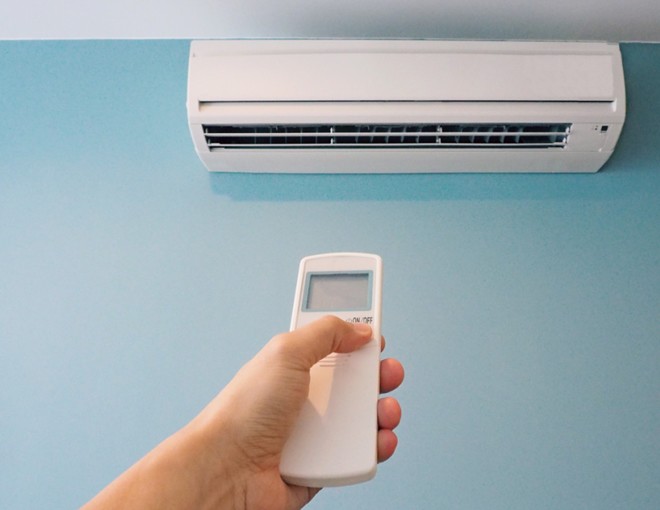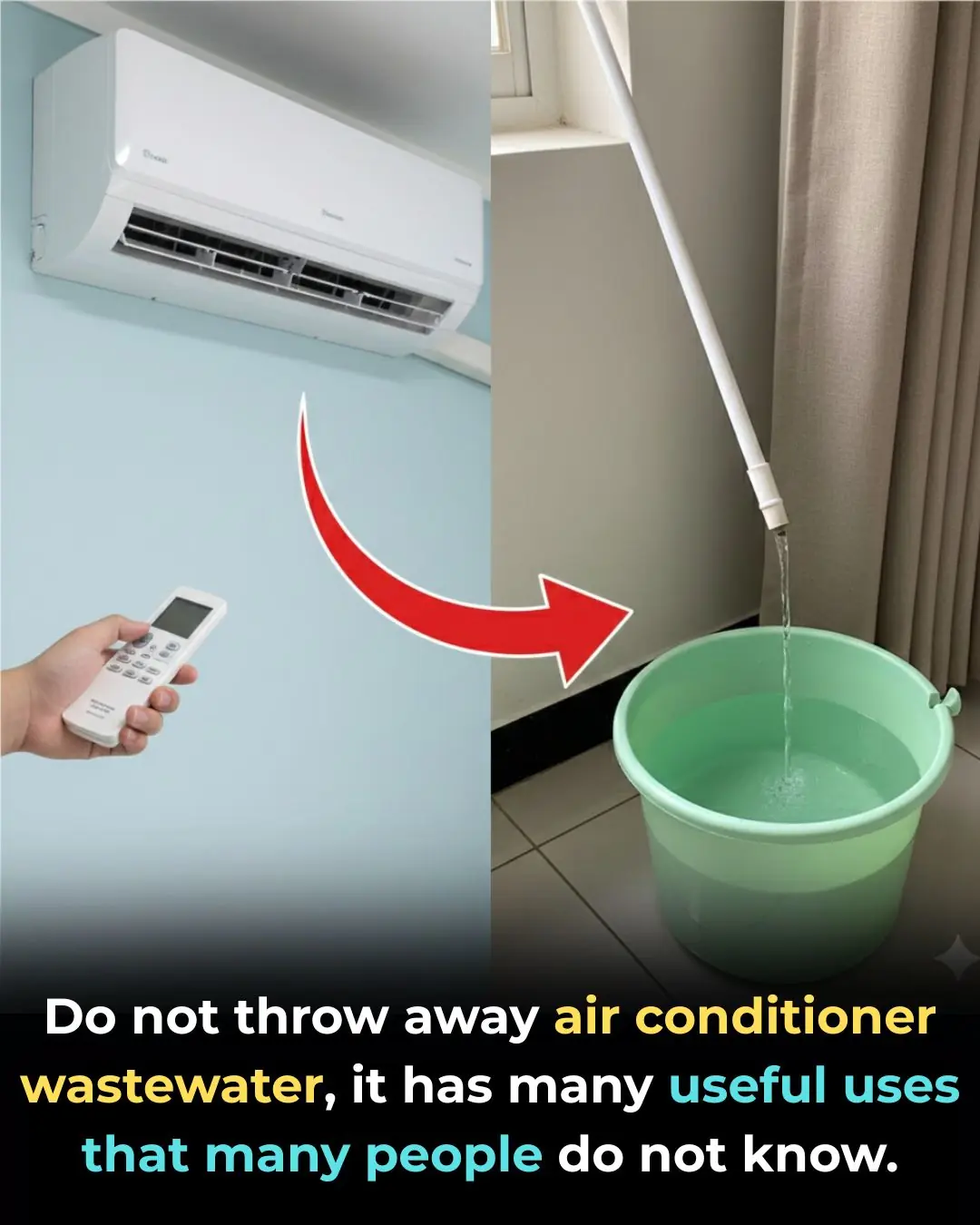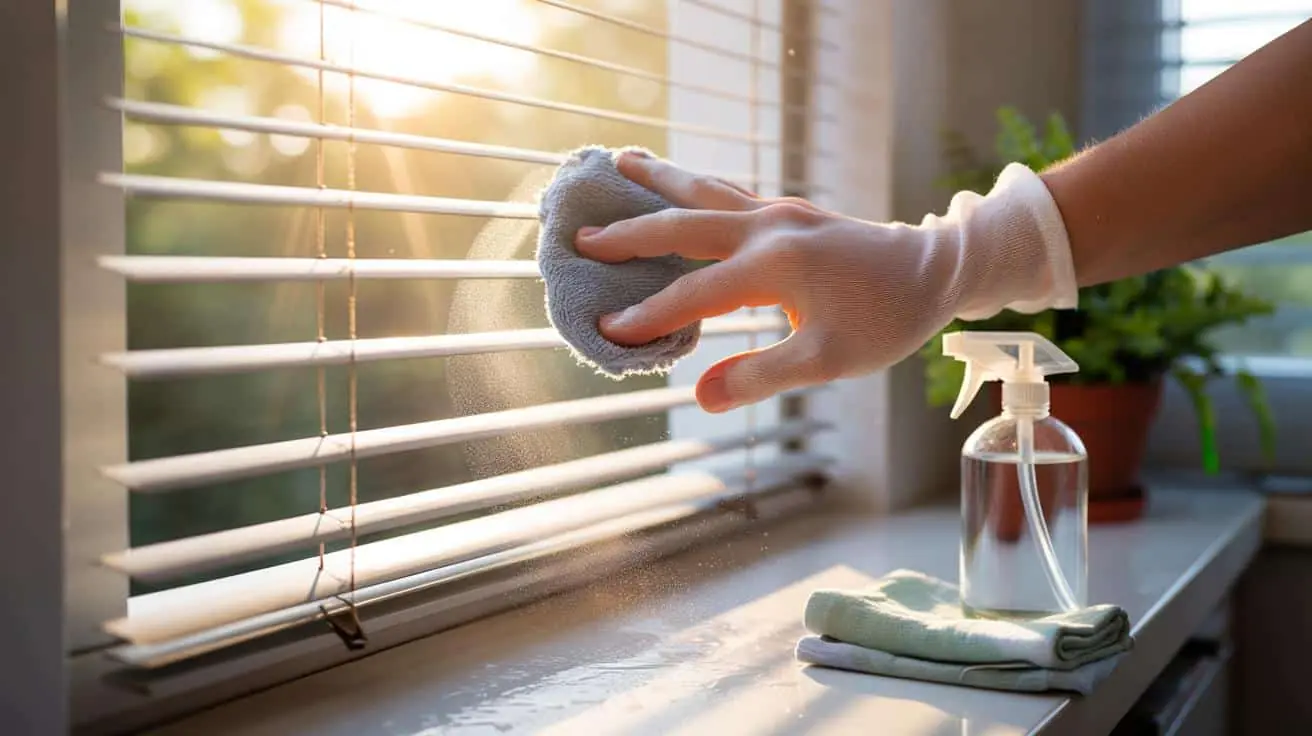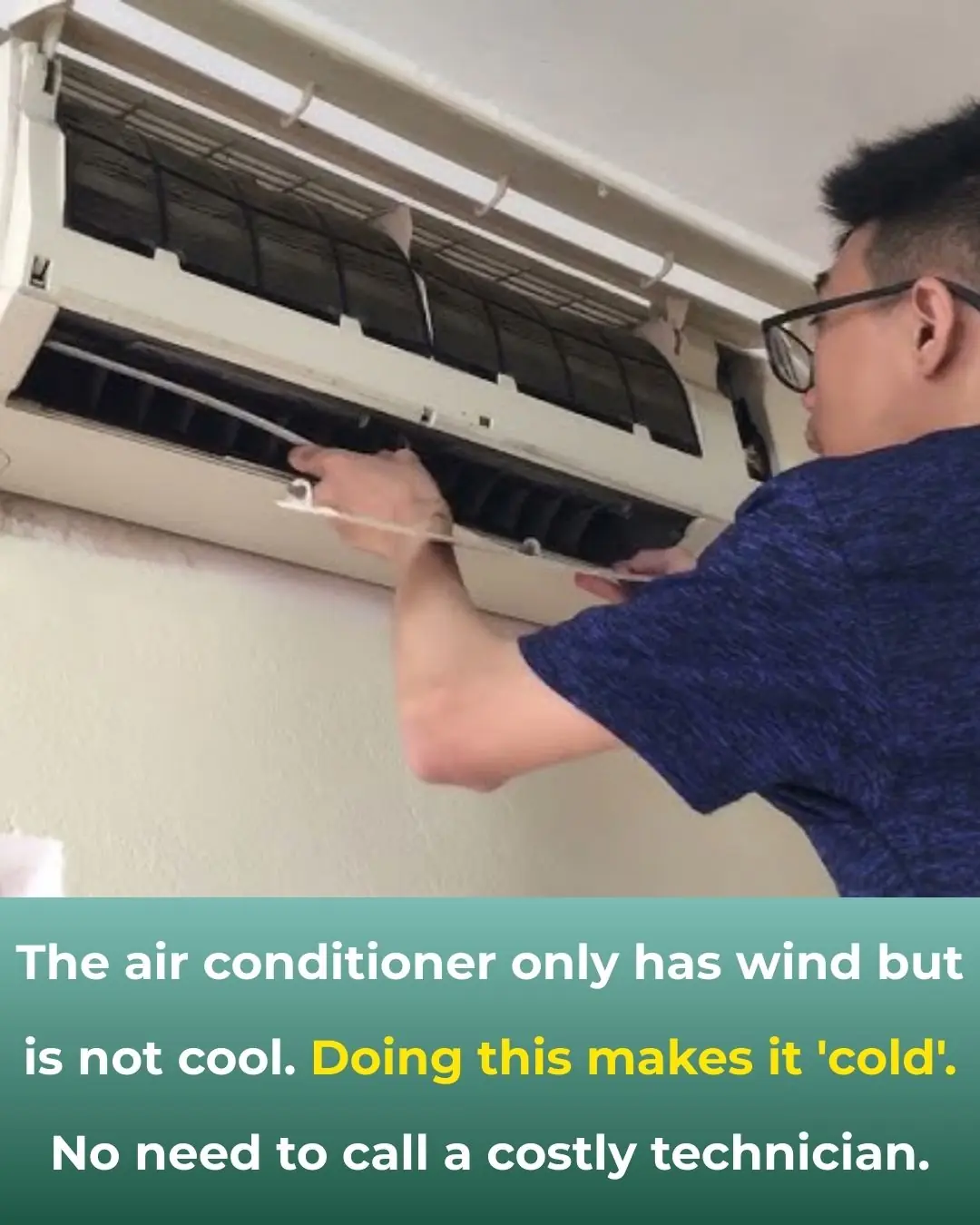
Why You Shouldn’t Keep Doors Fully Closed When Using Air Conditioning
Many people think that keeping doors completely closed while running an air conditioner is the best way to save electricity and keep the room cool. At first, I thought the same. However, after listening to experts, I realized this approach can actually do more harm than good.
Here’s why you shouldn’t keep doors fully closed while using an air conditioner—and what you can do instead to stay comfortable and healthy.
1. Air pollution and bacteria buildup in a closed room
When a room is completely sealed, dust, dirt, and bacteria from the air conditioner can accumulate inside instead of being vented outside. According to Tipsmake, the indoor air in a fully closed room can be 2 to 5 times more polluted than outdoor air.
Breathing this contaminated air over time can cause respiratory problems, especially for children, the elderly, and those with pre-existing health conditions. Common issues include headaches, fatigue, dry throat, coughing, and even a weakened immune system.
2. Increased pressure in the room leads to energy waste
Sealing a room completely while running the AC can increase air pressure, which forces the cooled air to escape through cracks in windows, walls, floors, and ceilings. This reduces the efficiency of the air conditioner, meaning it has to work harder and consume more electricity to maintain the desired temperature.
In other words, keeping the door closed doesn’t always save energy—it can sometimes have the opposite effect, making your electricity bill higher.
3. Feeling uncomfortable and short of breath
When the air conditioner reaches the set temperature, it often pauses its cooling cycle. In a completely sealed room, the air becomes stagnant, making it difficult to breathe. Many people notice stuffiness, fatigue, and discomfort after staying in a closed AC room for a long time.
Prolonged exposure to a room with poor air circulation can also make your skin dry, increase the risk of dehydration, and even disrupt your sleep quality if you stay in the room overnight.
How to Use Your Air Conditioner Properly
A. Don’t close the door immediately when turning on the AC
-
Open the door when you first start the AC, allowing the room to vent for 10–15 minutes.
-
This helps remove dust, bacteria, and stale air, preventing them from circulating in the room.
B. Open doors periodically or create small ventilation gaps
-
Open the door for a few seconds every 15–30 minutes to allow fresh air exchange.
-
Alternatively, leave a small gap or use a ventilation fan to maintain airflow, which ensures even cooling and energy efficiency.
C. Take breaks from the AC
-
Avoid staying in a room with air conditioning for more than 3–4 hours continuously.
-
Step outside every 2–3 hours to let your body adjust and prevent overexposure to cool air, which can cause discomfort or make you more susceptible to colds and other health issues.
Additional Tips for Better Air Quality and Comfort
-
Clean your AC regularly: Dust and mold can accumulate in filters, reducing efficiency and air quality.
-
Use an air purifier: It helps remove fine dust particles and bacteria from the air.
-
Maintain moderate temperatures: Setting the AC too cold can stress your body and increase energy consumption. A range of 24–26°C (75–78°F) is generally comfortable.
-
Hydrate: Cool air can dry out your skin and throat, so drink water regularly.
💡 In summary:
Keeping your room slightly open while using an air conditioner helps maintain clean air, improve cooling efficiency, and reduce energy waste. By ventilating periodically, cleaning your AC, and taking short breaks outside, you can enjoy a comfortable, healthy, and energy-efficient environment.
News in the same category


Magic Eraser can be used for almost anything, but here's what you didn't know

8 Foods That Fight Cancer – Add Them to Your Diet Regularly

What Health Conditions Can Garlic Soaked in Honey Help With?

How to Make Steamed Pear with Rock Sugar — Delicious, Comforting, and Packed with Nutrition

Using a Water Heater? Making These 3 Mistakes Is Like “Flirting With Death”!

Why You Should Never Leave a Water Bottle Inside Your Car

This is the correct way to preserve pork in the freezer: The meat will not dry out, and will still retain all its nutrients for a whole month.

Pour salt into the toilet, everyone calls you crazy but know its uses and do it at home right away

Amazing uses of pouring vinegar on meat: Everyone who knows will want to do it too

Chef reveals secret to stir-frying soft, lump-free vermicelli noodles that even the most clumsy person can easily do

Do not throw away air conditioner wastewater, it has many useful uses that many people do not know.

Good tips for those who have dry trees, help them produce many flowers, fruits, and sweet and rich fruits

A Simple Sock Trick to Clean Dusty Window Blinds with Almost Zero Effort

Mix rice with this and leave it in the corner of the house, it will wipe out all the rats overnight.

When choosing a cantaloupe, use these 4 tips to ensure you buy one with thin skin and sweet flesh.

Air Conditioner Blowing Only Air but Not Cooling? Here’s How to Fix It Without Calling a Technician

Had no clue about this

Why Does Your Refrigerator Frost Over and Does It Increase Electricity Consumption?
News Post

Nurse Promises Not to Laugh at This Man’s Problem

What Your “Odd Animal Out” Choice Says About You

As he nears 100, Dick Van Dyke, 99, makes a touching confession about his life

Two Golden Elixirs for Energy, Glow & Balance

The Power of Hawthorn (Genus Crataegus): A Natural Ally for Heart and Cholesterol Health

The Real Benefits of Mixing Lemon with Activated Charcoal

The Surprising Healing Power of Onion Milk

Increase Breast Size Naturally

Beetroot: 3 Simple Recipes + 10 Powerful Health Benefits

A Small Refrigerator Button Can Save You Hundreds on Your Electric Bill: Most People Don’t Know

AVOID Ginger If You Have THESE Health Problems

Magic Eraser can be used for almost anything, but here's what you didn't know

12 medications you should never mix with coffee

8 Foods That Fight Cancer – Add Them to Your Diet Regularly

What Health Conditions Can Garlic Soaked in Honey Help With?

How to Make Steamed Pear with Rock Sugar — Delicious, Comforting, and Packed with Nutrition

Headache Above or Behind the Left Eye: Causes and Treatments

Using a Water Heater? Making These 3 Mistakes Is Like “Flirting With Death”!
